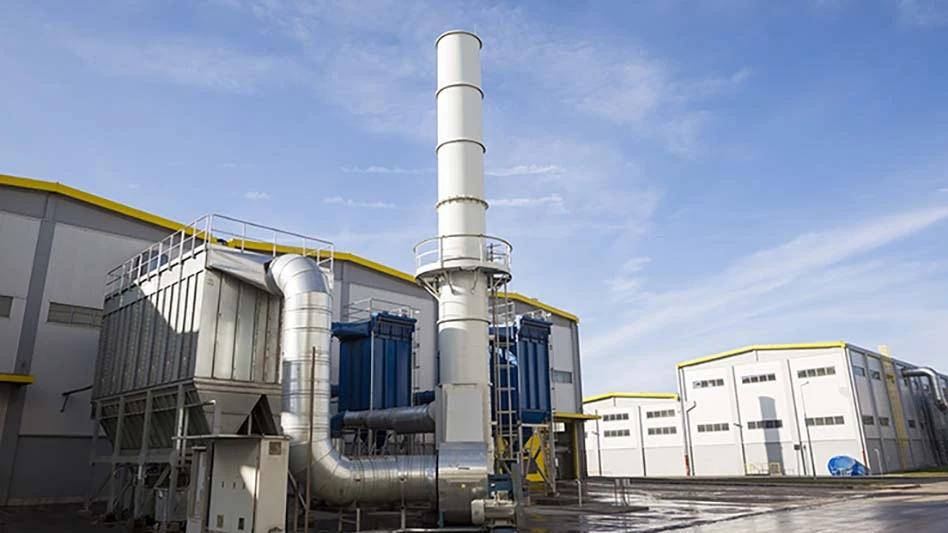
©Belish | stock.adobe.com
Oslo, Norway-based CO2 Capsol has been selected by KVA Linth, Niederurnen, Switzerland, to conduct a feasibility study into the use of its CapsolEoP (end-of-pipe) carbon capture technology at a waste-to-energy (WTE) plant located in Switzerland.
Once fully installed in 2025, the plant would have a carbon capture potential of more than 100,000 tonnes of carbon dioxide (CO2) per year, half of which would come from biogenic sources.
“We are pleased to be awarded this feasibility study with KVA Linth, which is a confirmation of our strong traction for carbon capture within the waste-to-energy industry,” CO2 Capsol CEO Jan Kielland says. “Since a large part of the waste has biogenic origin, capturing and storing the CO2 is an effective way of removing CO2 from the atmosphere … with our safe and environmentally-friendly technology for capturing CO2 from flue gases.”
RELATED: Formation of Waste-to-Energy Association announced | Funding for waste-to-energy assistance program announced
The company says its end-of-pipe technology can capture more than 90 percent of CO2 emissions.
Currently, there are more than 2,600 WTE plants globally with an incineration capacity of around 460 million tonnes of waste per year. This number is expected to increase to about 3,000 plants with a capacity of about 630 million tonnes by 2031, according to environmental and energy technology consultancy Ecoprog Gmbh, which is based in Germany. One tonne of waste incinerated equals about one tonne of CO2 emissions that can be captured.
In December, the CO2 Capsol signed an agreement with Finland-based Sumitomo SHI FW for the delivery of standardized carbon capture plants for WTE plants. CO2 Capsol also is working with Woima, a Finnish WTE company, to develop a carbon capture plant at Westenergy’s WTE plant in Vaasa, Finland.
CapsolGo is a portable demonstration unit created by CO2 Capsol so WTE facilities can try out the technology before installing it at full scale, according to C02 Capsol.
The company has set up CapsolGo demonstrations at Öresundskraft´s WTE plant in Sweden and a major German firm which plans to begin operating a WTE plant and eventually a biomass-fueled heat and power plant.
Latest from Waste Today
- Advocacy group offers unflattering chemical recycling portrayal
- Aduro provides update on NGP pilot plant
- Waste Robotics partners with Australian engineering firm
- California to add new recycling sites for CRV redemption
- Recycling industry celebrates relaunch of the Congressional Recycling Caucus
- Sourgum launches services in Mississippi
- CenterPoint Energy invests in RNG made from Minnesota food waste
- Brightmark, Lewis Salvage partnership processes 1M pounds of medical plastics





